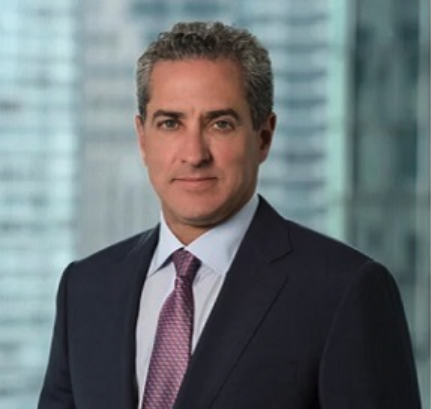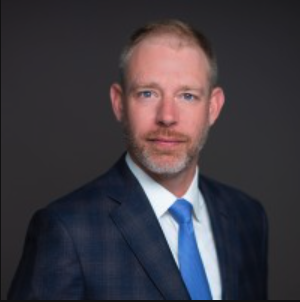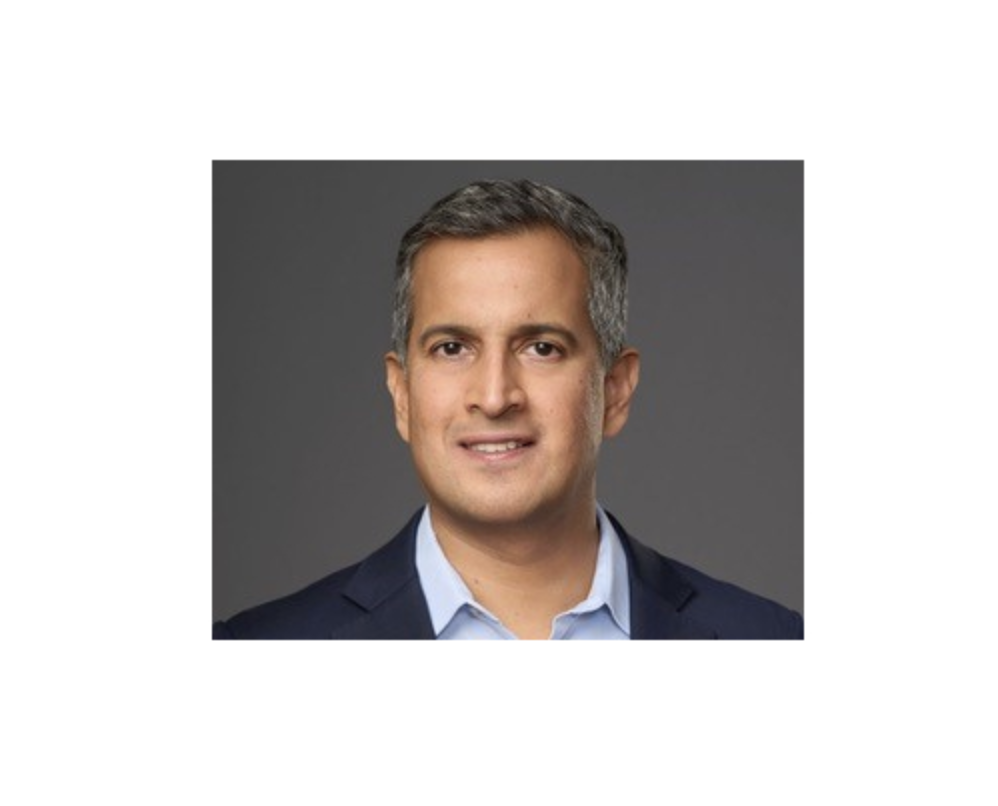
U.S. employment figures showed a slowdown in the economy, paving the way for the much-anticipated interest rate cuts in September.
However, with an economy losing momentum in job creation but maintaining strong budgets for wages, the question is now how much the Fed will cut rates next week.
According to an analysis by alternative asset manager KKR, while the August nonfarm payroll data reflected a clear weakening of the U.S. economy, “the report did not unequivocally confirm that the Fed must ease its monetary policy by 50 basis points.”
The Global Macro team’s report, led by Henry H. McVey, acknowledges that although attention is focused on the 142,000 jobs added in August—slightly below the consensus of 165,000 but above July’s revised 89,000—the key point is that, despite downward revisions, the year-over-year growth rate was higher than in July.
Experts note that with previous months’ revisions, job growth has fallen below 125,000 every month except one since April. They add that a stagnant labor market (i.e., where hiring, layoffs, and turnover are low) means that the slowdown in labor demand will increasingly show up in weaker overall data.
The KKR report estimates that August’s employment data will not be “perceived as negatively as some had expected.”
“Although the negative revisions are notable, our overall message remains that the Fed must act aggressively, but we are not convinced that this will include 50 basis points initially, especially since financial conditions remain quite favorable. In the past, 50-basis-point cuts to start a cycle often included higher credit spreads and higher unemployment rates,” the report adds.
Employment growth in August came in slightly below expectations (142,000 versus 165,000), but the most notable elements of the report were the substantial downward revisions from previous months (-85,000 net).
From the independent advisory platform Sanctuary, an analysis by Mary Ann Bartels, shared with the firm’s clients, anticipates a 25-basis-point rate cut by the Fed.
“With employment data pointing to a slowdown in the labor market, the likelihood of a rate cut is almost assured. Mary Ann continues to expect a 25-basis-point cut by the end of this month, and this week’s inflation data—the Consumer Price Index and Producer Price Index—should confirm the direction of interest rates,” reads a summary posted by Sanctuary on LinkedIn.
Payrolls Decline, but Wages Increase
Wage budgets are growing at near-record rates, according to a new corporate survey in the U.S. conducted by The Conference Board.
The report reveals that projected salary budget increases for 2025 are expected at the fastest pace in two decades. Salary increase budgets are a good indicator of the average raise a worker receives in a given year.
On average, employers report planned wage increase budgets of 3.9%, a slight uptick from the actual 3.8% growth in 2024, according to The Conference Board’s US Salary Increase Budgets 2024-2025 report.
“Despite slower hiring and a slight rise in unemployment, elevated wages are expected to persist in 2025. A decline in labor supply is leading companies to focus on retaining their current workforce, resulting in sustained wage increases and higher real wage growth as inflation moderates,” said Dana M. Peterson, Chief Economist at The Conference Board.
The report presents comprehensive survey data from 300 compensation leaders on what companies across the economy are budgeting for annual wage increases.








